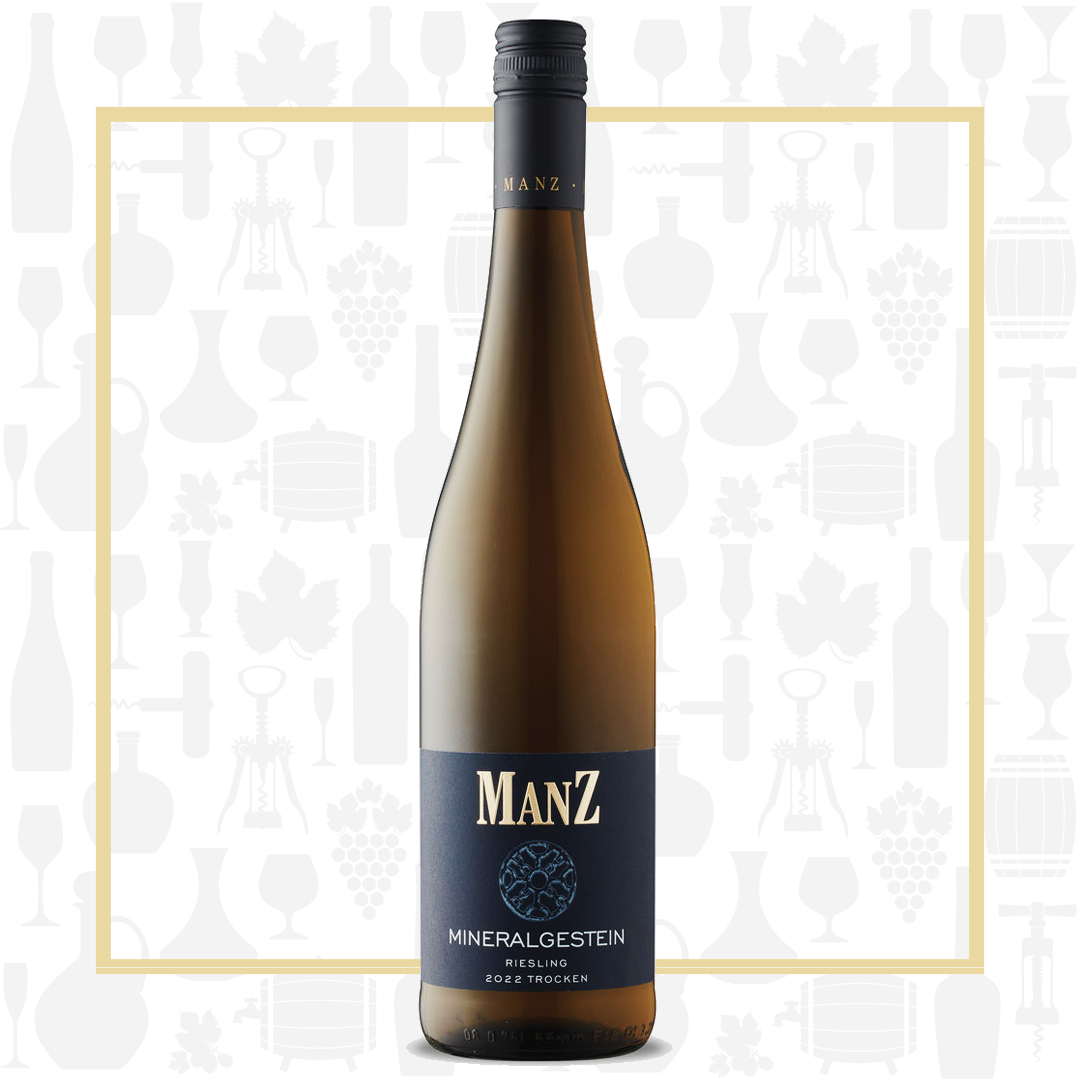Cellar Profile
Weingut Manz is located in the village of Weinolsheim in the northeastern area of Rheinhessen. The Manz family have been winegrowers here since 1725 and today the estate is managed by the 8th generation Manz, Eric. Their vineyard holdings are comprised of 20 hectares dispersed throughout the areas of Oppenheim, Nierstein Weinolsheim, Dienheim and Guntersblum. As is the case with most German producers, their focus is on white wines; Riesling, Pinot Blanc, Pinot Gris, Chardonnay, Silvaner and Gewürztraminer. They also possess small plantings of Pinot Noir and Dornfelder. Like most wineries operating in marginal climates, their annual production varies significantly. On average, they bottle 12,000 cases a year.
Region
Germany’s largest wine region, Rheinhessen was historically known for mainly producing large amounts of bulk wine destined for the export market. That began to change gradually beginning in the 1980s, when growers began to focus on lower yields, drier styles and overall higher quality wines. Today, the region is home to the majority of Germany’s organic/biodynamic viticulture, with a great number of young and energetic producers eschewing the past and leading the future. Unlike other German wine regions, there are significant plantings of many grapes, though Riesling plays a role here as well, to be sure. You will find plenty of Muller-Thurgau, .Dornfelder, Silvaner and Pinots Gris, Noir and Blanc throughout. The climate is relatively mild, protected by countless hills and forests and moderated on the east and west border by the Nahe and Rhine rivers, respectively. Soil types vary, though the majority are a mix of loess and loam with limestone deposits mixed with gravel
Vineyard
Old vine plantings in clay and limestone marl soil. A southwestern exposure ensures full ripeness for development of flavour and complexity. The winery sources from vineyards around the town of Oppenheim, most on steep slopes with excellent drainage.
Winemaking
Fruit is manually harvested, de-stemmed and crushed into stainless steel. A cool ferment inhibits the onset of malolactic conversion. After short aging in temperature-controlled stainless steel, the wine is bottled, young and fresh.
Varieties
One of the wine world’s great white grapes, Riesling thrives in cooler climates, where it develops its intense aromatics and renowned acidity during a long, slow growing season. It is home in Germany but has found success throughout the wine world, notably in the Alsace region of France, in cool areas of Australia and South Africa and, of course, here in Ontario. Styles vary according to site and producer: from sweet and fruity to bone-dry and austere and everything in between.
Tasting Notes
Notes of peach, green apple and petrichor on the nose. The palate is racy, with ample acidity. While technically off-dry, the tension of the wine makes it seem significantly drier. Flavours of peach, green apple and white flowers, along with tons of stony minerality. Chill fully and enjoy as an aperitif, or chill lightly and serve with Asian stir-fry, picnic lunches or grilled white fish.,

